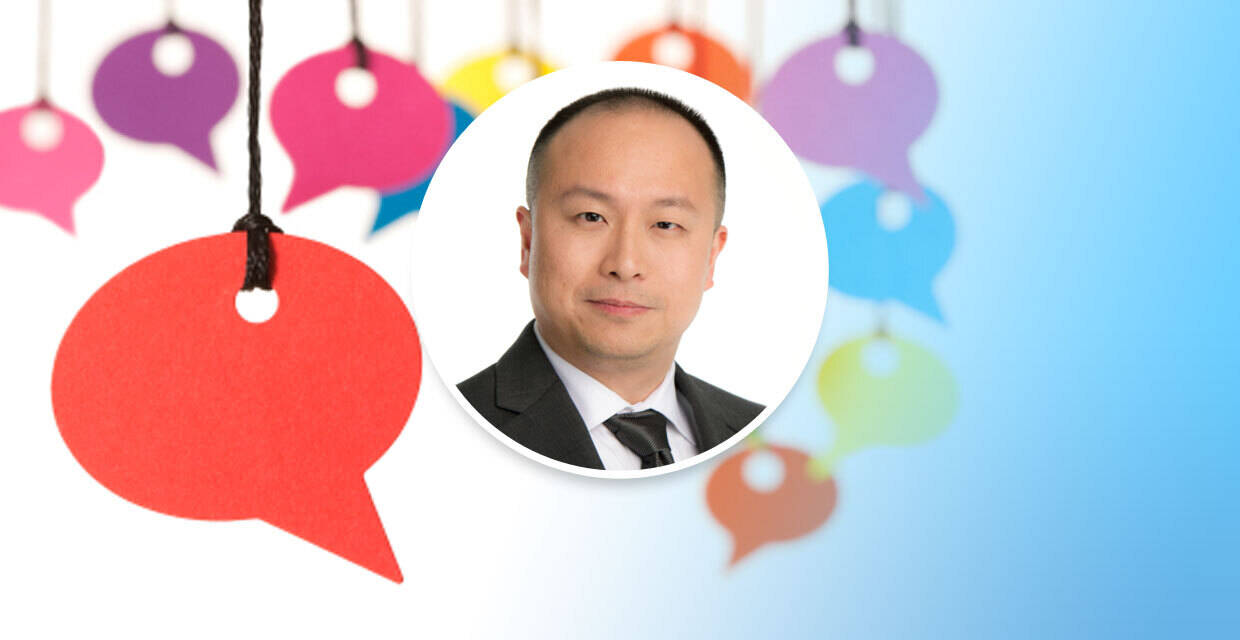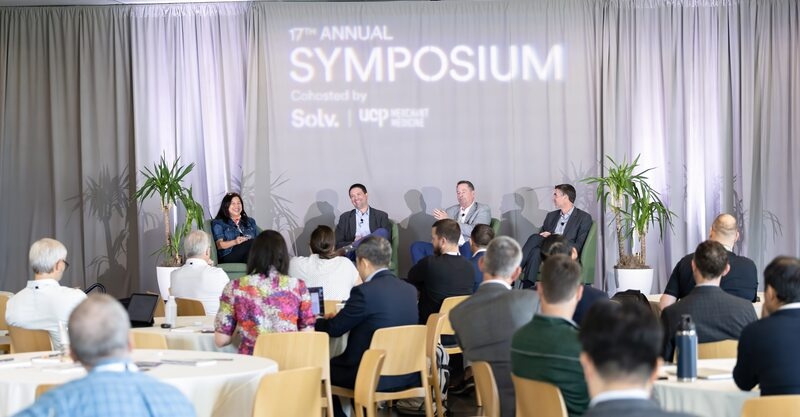We were excited to get the chance to sit down and chat with Dr. David Shih, Co-Founder and Executive Vice President of Strategy at CityMD. He is a master of many trades, a phenomenal doctor, and a great person to get to know!
He is a member of the American College of Emergency Physicians (ACEP), American Association of Physician Leaders (AAPL), Urgent Care Association of America (UCAOA) and American College of Healthcare Executives (ACHE). He received his undergraduate degree in BioChemistry from Binghamton University and his Medical Degree from SUNY Downstate.
Dr. Shih completed his residency training for Emergency Medicine at Long Jewish Medical Center and worked as an attending physician in Northwell’s emergency room at Huntington Hospital, serving both the adult and pediatric population. In 2010, he brought his expertise and compassionate care to CityMD.
Since 2010, Dr. Shih has developed the practice’s physician and staff training programs, CityMD’s Aftercare care coordination services, physician recruitment and medical operations. He has defined CityMD’s clinical policies and improved the patient experience while focusing on safety, risk management, clinical quality measures (HEDIS, MIPS, etc), practice transformation projects and population health initiatives. In 2016, Dr. Shih helped achieved NCQA-PCCC recognition for CityMD, which was the first urgent care in NY to obtain this status.
We started him off easy with some warm up questions.
Complete the sentence...
- Don’t speak to me... until I have my morning coffee.
- My good reviews are usually due to... the kindness from our excellent staff.
- My negative reviews are usually due to... when I try to rush things.
- If I could delegate medical documentation and spend all my time with my patient, I would….and, I do since we have scribes!
- Top advice for somebody to find success in convenient care space: the #1 way to improve patient experience is to first improve your employee experience.
Then we got deep.
Solv: How did you initially enter the urgent care space?
DS: In 2009, I was looking to open up an urgent care after seeing some of my colleagues leave the ER to pursue the same. The frustration of a broken system began to affect me. I decided to call up my old friend, Dr. Richard Park (UCA President Elect), for some advice since he was someone I knew who had open an urgent care for the past 5 years. He also happened to be one of the few people I continued to send Xmas cards to and kept in touch from residency since he was such an instrumental person during my education. After a discussion over coffee, we decided to work together to build CityMD. I was fortunate enough to be the first Chief Medical Officer from the start and with a blank canvas, we began creating and experimenting. While, we did not know exactly what to do, we knew what not to do from Dr. Park’s experience.
Solv: What is the biggest misconception about urgent care?
DS: The biggest patient misconception about urgent care is that it’s a “doc in the box” with poor quality doctors. Over the past few years, urgent cares have evolved rapidly. Some of the top ER and FP doctors are choosing to work at urgent cares. People often believe that urgent care is “easy” and “anyone” can work there. In fact, the volume of patients seen in urgent care is higher and the patients seen per hour is higher. Balance that with increasingly higher acuity, and more patients with complex problems walking into urgent care, and this means only qualified seasoned providers can handle this work safely.
Solv: Where do you see the industry evolving?
DS: Urgent care is evolving on several fronts. In a world of instant access, better providers providing access to patients has dramatically improved the patient experience and changed the healthcare landscape. Healthcare systems, insurance companies and primary care doctors are beginning to realize that urgent care needs to be a partner and not the enemy. Through partnerships, urgent cares can help lower cost by lowering unnecessary costly ER visits, prevent admissions, and help with transition of care. It can also help improve population health through preventive screenings and provide syndromic surveillance to the government and health systems it works with.
Solv: What is your advice to beat burnout (for yourself and your teams)?
DS: Burnout occurs for a number of reason and it’s not always because of money. The obvious reasons for burnout are when staffing is overstretched, when staffs feel they are unappreciated and undervalued for the work they’ve done, and not having the right leaders care for the team. But the most important counter to burnout is have a strong vision and mission. When a staff members no longer feels they are part of a mission, they no longer care about what they do and easily burnout. That’s why the best way to improve your patient experience and quality of your practice is to first improve your employee experience.
Solv: What do you look for when you are hiring?
DS: The first things to look for are the core competency for the job. That gets them through the door for an interview. The next most important thing we look for is kindness. If they are not kind, they will not be a good fit for our company culture.
Solv: How do you keep consumer insights and patient needs top of mind?
DS: I’ve found myself in the doctor’s office too often over the past few years. But I always tell myself that it’s sometimes good to be a patient or a patient’s family member. When you walk in the shoes as a patient, you truly understand what things need to be improved. You cannot truly be compassionate and empathetic if you do not understand how patients feel and know what they are going through. When you treat your patients like family instead of a number, good things will naturally fall into place.
Solv: How do you see technology impacting healthcare (specifically convenient care and urgent care)?
DS: Technology will be an important investment for the healthcare industry when it comes to improving efficiency, quality and patient trust. Patient experience can be greatly augmented by technologies that improve price transparency, booking, and care coordination making the patient journey seamless. Practice efficiency, safety, and quality can also be augmented by technology. Lastly, telemedicine is the technology that all healthcare practices are investing in.
Thanks, David!



